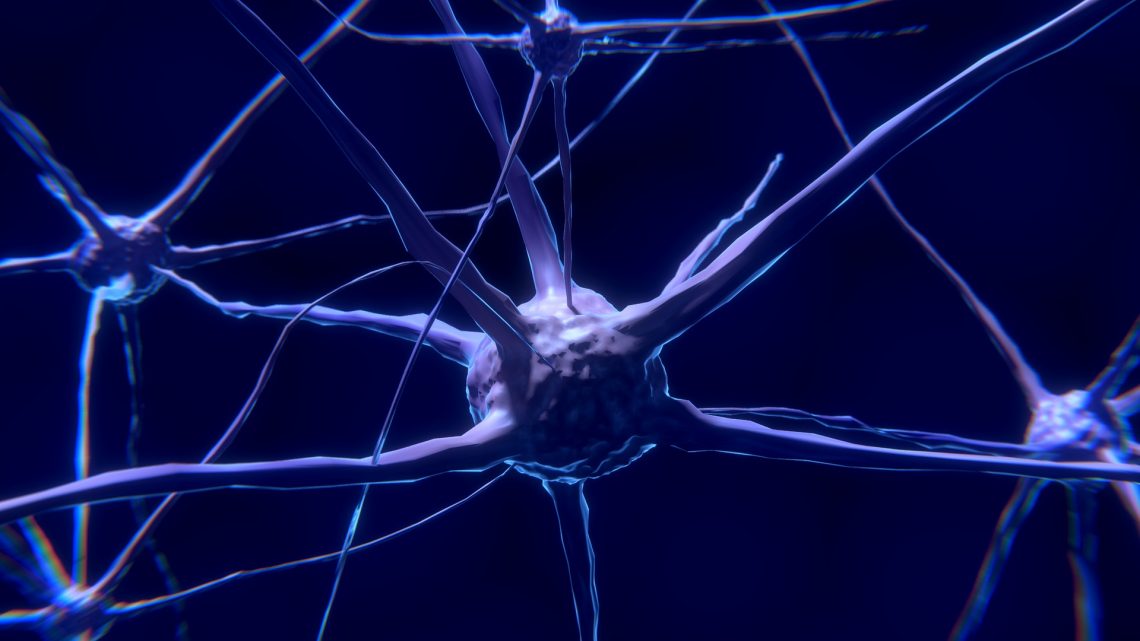By Aaron Ye
BU News Service
BOSTON — Harvard scientists have discovered that brain activity might influence human longevity, according to a new study published this month.
While previous studies suggested that parts of the nervous system may influence aging in animals, the current study is the first to directly link brain activity to aging in animals, and possibly humans.
“An intriguing aspect of our findings is that something as transient as the activity state of neural circuits could have such far-ranging consequences for physiology and life span,” said Bruce Yankner, professor of genetics at Harvard Medical School and the senior author of the study.
The research findings were published on Oct. 16 in the science journal Nature. The study is based on an analysis of over 2,000 postmortem human brains, as well as experiments in worms and mice.
The scientists wondered: what changes in the brain cause long-lived individuals to have decreased neural activity? They used computational methods and found that many genes in the long-lived brains are regulated by the same protein called REST, RE1-Silencing Transcription factor.
The most important finding of the study is that decreased brain activity may extend life, the researchers said.
“A moderate reduction in brain activity may be the equivalent of reduced metabolism in other organs, which has long been known to promote longevity,” said Liviu Aron, co-author of the study. “In fact, it’s possible that, during aging, the brain sets the metabolic pace for the entire organism, thus controlling lifespan.”
In the study, researchers found that centenarians had the highest levels of REST and the lowest neural activity compared to all age groups.
“These findings further support the importance of studying centenarians which may give us valuable insights into mechanisms of healthy aging,” said Dr. Stacey Andersen, a co-investigator at Boston University’s New England Centenarian Study, who was not involved in the study.
To determine whether the decreased neuronal activity and increased REST expression are directly responsible for the centenarians’ exceptional longevity, the researchers turned to a simpler organism in which they could conduct genetic and drug studies.
They experimented on the roundworm Caenorhabditis elegans, a species often used in aging studies, and tested various drugs that could affect the lifespan of the worms. When researchers fed the worms drugs that inhibited neural activity, the worms lived longer; when they used drugs that increased neuronal activity, the worms’ lifespan decreased.
“This was really amazing as a general effect of tamping down all neuronal activity, given the wide range of functions that neurons have, even in a simple creature like the worm,” said Joseph Zullo, co-author of the study. “The complete control we were able to have over the worms nervous system was invaluable in the design and execution of the experiments and being able to interpret them clearly.”
Next, the scientists increased the expression of REST-like genes in worms; the activity of worm neurons decreased and the worms lived longer. When these genes were inactivated in worms, the worms no longer displayed reduced neural activity and their lifespan reduced to normal length.
In mouse experiments, the scientists deleted the REST gene from the brains of mature mice, thereby stopping the production of the REST protein.
The scientists started observing their brain activities. At the age of 18 months, which equates to humans in their sixties, the mice’s lack of REST function led to an overall increase in metabolism in the brain.
Older mice at 24 months also displayed increased neuronal firing patterns. This expression suggests that REST functions suppress neuronal metabolism and firing in the aging brain.
The scientists concluded that suppression of neuronal activity, mediated by REST, is responsible for an exceptional lifespan.
Strategies that activate REST in the aging human brain may not only promote successful aging and increase longevity, they may also help prevent Alzheimer’s disease.
In 2014, they found that REST levels are lower in the brains of people with Alzheimer’s disease. REST was shown in both humans and mice to protect neurons against a wide variety of toxic insults, including those that cause dementia.
The scientists said they are now developing drugs that can activate REST in mice and human cells. They are eager to see whether such a drug might affect lifespan and dementia risk.
“This work represents a step forward achieved by synthesizing a lot of ideas and data into a discrete series of experiments,” Zullo said. “Going forward, I hope it just serves as the jumping-off point for more researchers to begin to examine the fundamental biology of aging in a range of systems.”





